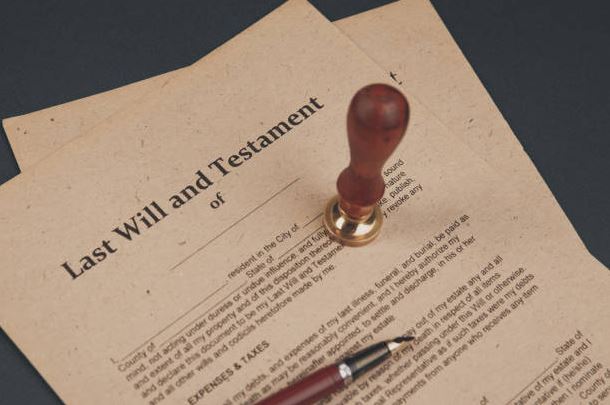If you’re looking at funeral homes in Johnstown, PA, yet you’re unsure about what executors, guardians, and people holding power of attorney (POA) are and what role they play in planning the funeral arrangements, then you are not alone. Many people are unaware of the fundamental differences between these three categories of people.
In this article, we aim to breakdown the roles and duties of each of these three in a way that will help you differentiate the authority each one has in a person’s death.
What are Executors
An executor is a person that has been legally sanctioned to control the deceased’s assets. Contrary to what many people think of the executor, he has no authority to control the final disposition: the burial, cremation, entombment, or donation to the science of a deceased’s body.
The local federal laws assign only one role to the executor and that is the control of the person’s assets. At most, he can inform the funeral director about the deceased’s will on the type of final services desired. Other than that, he has no say in the affairs of the decedent’s disposition services.
His role is limited to handling the financial aspects such as locating and distributing the deceased’s property, probating the will, clearing out the outstanding bills (including the funeral bill), opening an estate checking account, filing the required tax reforms, and so on.
His job effectively ends after finishing the required paperwork for the estate and disbursing any remaining inheritances to the next-of-kin or other named persons or groups.
What are Guardians
As the name indicates, a guardian has legal control over the personal and financial matters of someone (ward) when the latter is deemed unfit or unable to make such decisions. A guardian is often the child or the spouse of the person, but the probate court can appoint anyone that it believes will act in the best interests of “the ward.”
If someone has no kin, the court appoints a public guardian to make the funeral arrangements.
A guardian may or may not have a say over the deceased’s final disposition; the probate court decides. The decision varies from case-to-case and is put in writing in the guardianship papers.
What is Power of Attorney (Attorney-in-Fact)
Power of Attorney isn’t a person; it’s a legal document in which a person (the Principal) authorizes another individual (the attorney-in-fact) to make necessary arrangements on their behalf for people after they die. Mostly, these powers pertain to legal and financial matters linked with funeral arrangements and are valid only while the principal is alive.
That is to say, if someone has POA for a friend or a relative, then at the time of the principal’s death, they no longer are entitled to make funeral arrangements. This document becomes null and void upon the principal’s death.
Likewise, the attorney-in-fact isn’t sanctioned to make funeral arrangements for another person on the principal’s behalf, such as a child or a spouse, as outlined in the Right to Control law. He or she can only plan funeral services for the principal. When the memorial is arranged, you’ll need to work with funeral homes in Johnstown, PA.


